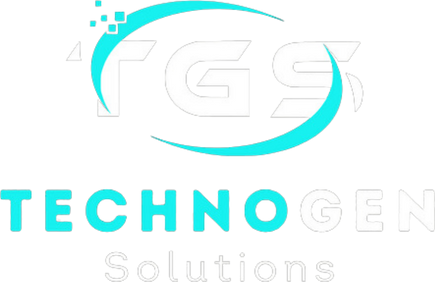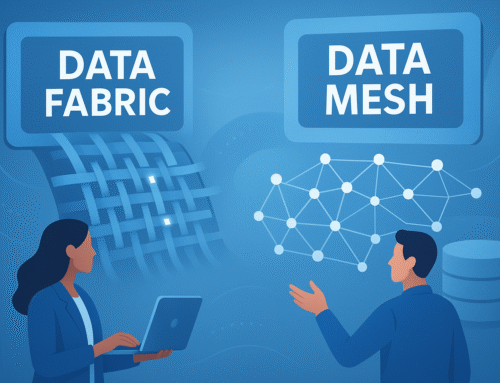Introduction to Strategic Social Media Marketing
In the digital age, social media marketing is no longer optional—it’s essential. With billions of users scrolling through platforms like Facebook, Instagram, LinkedIn, and TikTok daily, the potential to convert followers into paying customers is massive. However, having followers alone doesn’t drive revenue. The key lies in building a strategic marketing approach that turns passive observers into active buyers.
Why Social Media is a Powerful Sales Channel
Massive User Base with Targeting Capabilities
Social media platforms offer access to a broad and diverse audience, and more importantly, tools to precisely target users based on interests, behaviors, and demographics. This targeting ensures your content reaches those most likely to engage and purchase.
Trust and Engagement Build Loyalty
Consistent and authentic engagement builds trust. When users trust a brand, they are far more likely to become repeat customers. Social media allows brands to showcase their voice, values, and value proposition regularly.
Direct Customer Interaction
From comments and messages to polls and live videos, social media platforms allow direct and immediate interaction with customers. This feedback loop strengthens relationships and helps brands respond quickly to customer needs.
Crafting a Strategic Social Media Funnel
A well-structured social media sales funnel transforms casual scrollers into loyal customers. Here’s how to build it:
Step 1: Awareness
At the top of the funnel is awareness. Your goal here is to introduce your brand to new audiences through:
-
Eye-catching visuals and videos
-
Viral content and trending hashtags
-
Influencer partnerships
-
Paid ads targeting lookalike audiences
Step 2: Engagement
Once your audience knows you, it’s time to start conversations. Engagement strategies include:
-
Asking questions in captions
-
Hosting giveaways and contests
-
Sharing behind-the-scenes stories
-
Replying to comments and DMs promptly
Step 3: Conversion
Drive users toward a purchase decision by:
-
Sharing compelling CTAs (Call to Actions)
-
Offering time-sensitive promotions
-
Displaying social proof such as testimonials and reviews
-
Linking to product pages or landing pages via bio links or swipe-ups
Step 4: Retention and Advocacy
Keep customers engaged post-purchase:
-
Follow up with thank-you messages
-
Request user-generated content (UGC)
-
Offer loyalty rewards
-
Create referral programs
Content that Converts: What Works Best
Visual Storytelling
Consumers are attracted to visually rich, storytelling-driven content. Use:
-
Carousel posts with step-by-step guides
-
Before-and-after images
-
Branded video explainers
-
Behind-the-scenes clips showing product development or team culture
User-Generated Content (UGC)
UGC is authentic and highly trusted. Encourage satisfied customers to:
-
Post photos using your product
-
Leave reviews you can reshare
-
Participate in branded hashtag challenges
Educational and Problem-Solving Posts
Position your brand as a solution-provider. Create posts that:
-
Address common customer pain points
-
Offer expert tips and advice
-
Share how-tos and tutorials
Live Streaming and Real-Time Interactions
Live video humanizes your brand. It’s an excellent method to:
-
Launch new products
-
Host Q&A sessions
-
Feature behind-the-scenes content
-
Conduct live demos and shopping events
Data-Driven Social Media Campaigns
Use Analytics to Refine Strategy
Track the performance of your content using:
-
Engagement rates (likes, shares, comments)
-
Click-through rates (CTRs)
-
Conversion rates (sales, sign-ups)
Identify what content drives action, and double down on what works. Platforms like Facebook Insights, Instagram Analytics, and TikTok Business provide essential data.
A/B Testing for Optimization
Test different versions of:
-
Captions
-
Headlines
-
Images
-
CTAs
Measure which versions perform best, and continuously optimize based on results.
Retargeting for Higher ROI
Retargeting ads focus on users who’ve already interacted with your brand. These users are more likely to convert. Utilize:
-
Facebook Pixel
-
LinkedIn Insight Tag
-
Google Tag Manager
Platform-Specific Strategies
Instagram: Visual Storytelling Hub
-
Use Reels and Stories for reach
-
Keep a consistent aesthetic on the grid
-
Use location tags and hashtags
-
Leverage Instagram Shopping features
Facebook: Community Building
-
Create and nurture Facebook Groups
-
Run event-based campaigns
-
Use Facebook Ads for laser-targeted campaigns
-
Post a mix of educational and personal content
LinkedIn: B2B Lead Generation
-
Share thought leadership content
-
Publish industry case studies
-
Use LinkedIn Lead Gen Forms
-
Engage in relevant professional groups
TikTok: Viral Growth Engine
-
Hop on trending sounds and challenges
-
Keep videos short, engaging, and authentic
-
Highlight products through fun, relatable content
-
Use TikTok Spark Ads to amplify organic posts
Building a Cohesive Brand Voice Across Platforms
Maintaining a consistent brand identity builds familiarity and trust. Ensure:
-
Your tone aligns with your brand values (professional, friendly, witty, etc.)
-
Visual elements like colors, fonts, and logo are consistent
-
Messaging is unified across all platforms
Leveraging Paid Social Media Campaigns
Organic reach can be limited. To accelerate results, invest in paid campaigns:
-
Define clear campaign goals (traffic, sales, awareness)
-
Segment your audience by demographics and behavior
-
Set up retargeting and lookalike audiences
-
Analyze results to improve ad performance
Case Studies: Social Media Turning Followers into Buyers
Example 1: Fashion Brand Boosting Sales via Instagram
A boutique clothing brand used Instagram Reels showcasing new arrivals with limited-time promo codes. The result? A 28% increase in monthly sales and a 50% rise in website traffic.
Example 2: SaaS Company Using LinkedIn for B2B Conversions
By sharing whitepapers, case studies, and client testimonials, a SaaS firm generated over 300 high-quality leads through LinkedIn, with a 15% conversion rate into paying clients.
Conclusion: Transform Your Social Media into a Revenue Machine
Strategic social media marketing is the most powerful tool to turn followers into customers. With the right mix of valuable content, targeted outreach, platform-specific strategies, and data-driven optimization, businesses can unlock the true potential of social media.
Start viewing your followers not just as likes or numbers, but as future brand advocates and loyal customers. With consistent strategy and execution, social media can become your most profitable marketing channel.



Leave A Comment